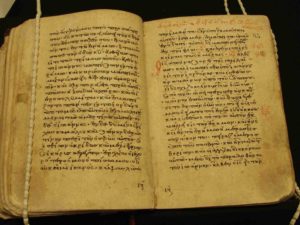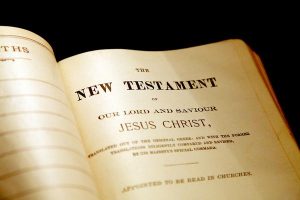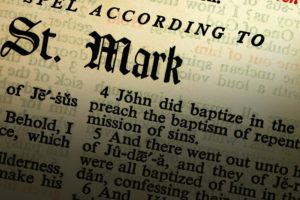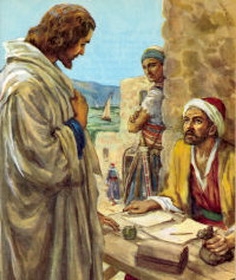The Early Acceptance of Revelation

The Book of Revelation is without doubt the most complicated, controversial, and esoteric of the entire Bible! Some even doubt that it should even be in the Bible at all, and assert that its place in the Bible Canon was controversial from the start. This is false. Why? The early acceptance of Revelation by the Christian Church is proof that the book is divinely inspired.





